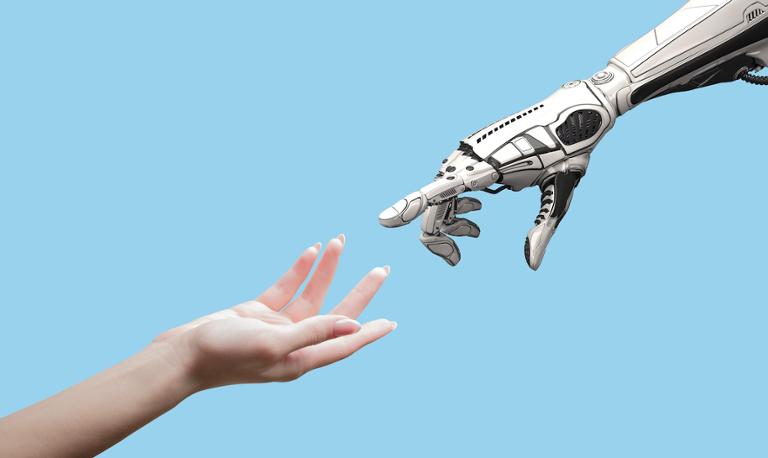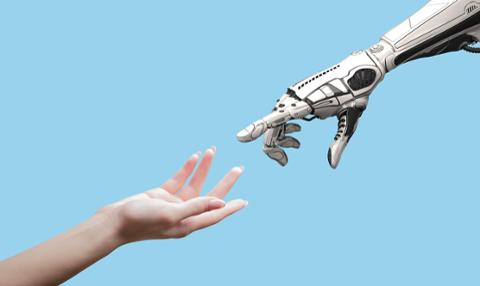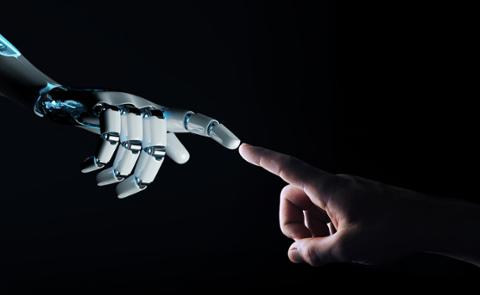Ever since companies began to explore the possibilities of A.I.-driven hiring software, pundits and analysts have worried about this technology displaying unconscious bias toward certain job candidates.
Those fears aren’t unfounded: A few years ago, for example, Amazon tasked its engineers with creating a machine-learning technique for improving its recruiting process—only to see the resulting software accidentally prefer male applicants (Amazon canceled the project).
Last year, the New York City Council proposed a bill that, if enacted, would require companies to submit any A.I.-driven hiring software to a third-party audit. Those companies would also need to tell candidates that their applications were under review by automated systems.
Earlier this month, the bill passed. “The bill would also require that candidates or employees that reside in the city be notified about the use of such tools in the assessment or evaluation for hire or promotion, as well as be notified about the job qualifications and characteristics that will be used by the automated employment decision tool,” reads the Council’s summary. “Violations of the provisions of the bill would be subject to a civil penalty.”
Not everyone thinks the legislation is strong enough to curb the potential issues with A.I. hiring. “The approach of auditing for bias is a good one. The problem is New York City took a very weak and vague standard for what that looks like,” Alexandra Givens, president of the Center for Democracy & Technology, told Time magazine.
Nonetheless, the New York City bill is a hint of what the future could offer, especially if companies attempt to make automated hiring software a more integral part of their HR practices. The big question is whether Congress would consider passing similar legislation on a national level; although a bill (the “Algorithmic Accountability Act”) was drifting through the U.S. House of Representatives in 2019, it seems to have stalled.
If you’re currently hunting for a job, it pays to prepare for the possibility that automated software will scan your application materials. Current software tends to scan résumés, cover letters, and applications for keywords; in light of that, you need to make sure you’ve included most (if not all of) the keywords that originally appeared in the job description. “For your résumé to pass, you need to meet 75 percent (or more) of what the description is asking for,” Marie Zimenoff, CEO of Résumé Writing Academy, told Dice last year as part of a broader discussion of hiring automation.
There’s also the possibility that hiring software could scrape your social-media profiles for information, so make sure those are up-to-date (always update your latest projects and jobs, for instance); it’s also important to edit out anything that doesn’t present you in the best light. And remember: Whether your résumé is scanned by human or machine, it never hurts to tailor it as perfectly as possible to the job.



